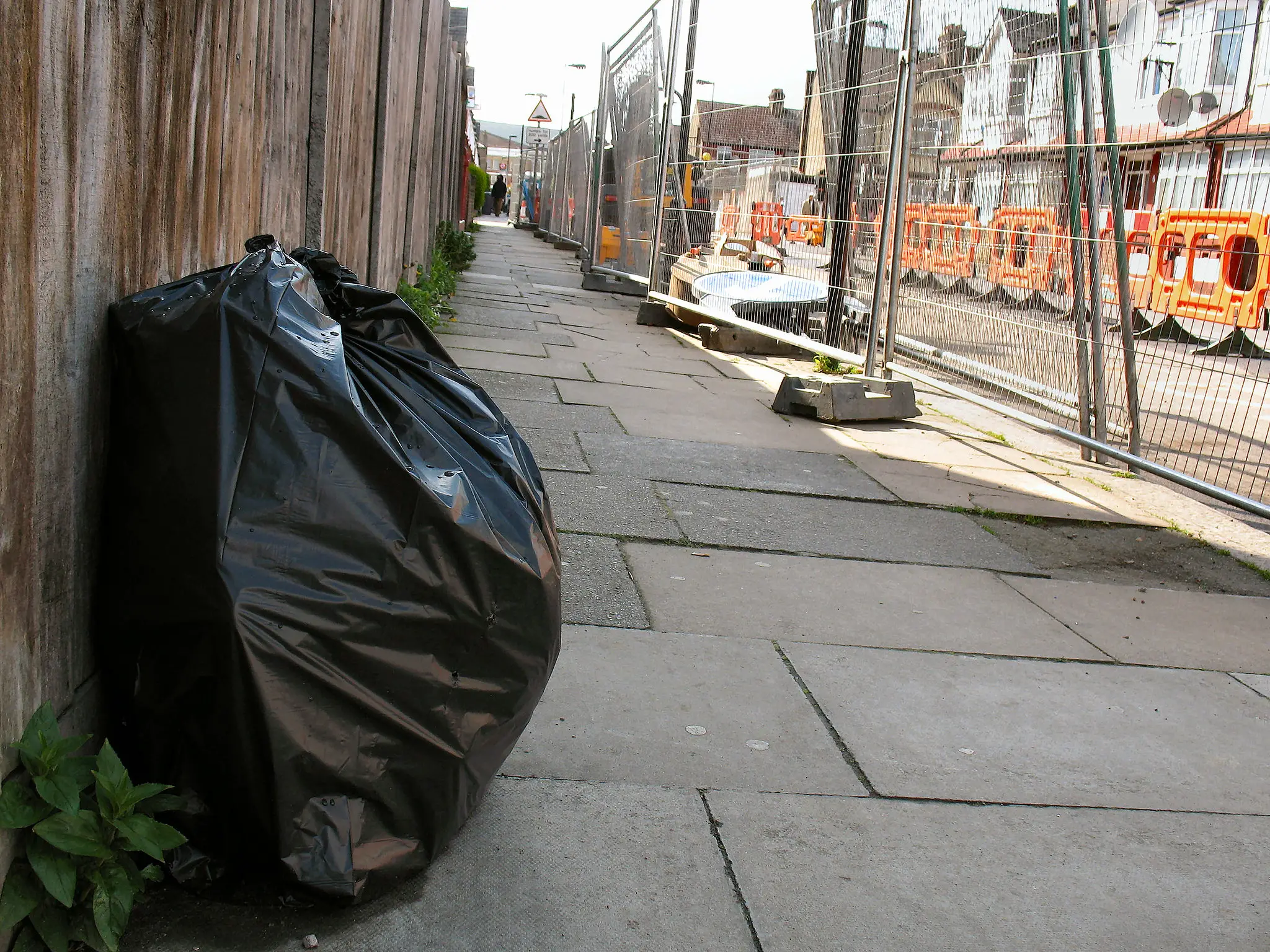The Local Government Minister Simon Clarke, and Environment Minister Rebecca Pow have written to councils across the country drawing attention to the Government’s position on household waste recycling centres and municipal public toilets.
Guidance has been published by the Government to help councils make local decisions in relation to keeping public toilets and waste and recycling centres open.
The Ministers say there’s no reason in law why these sites cannot be open, but add that some councils have imposed excessively tight restrictions on public access.
Restrictions on public access and what can be disposed of
On the Isle of Wight, Lynbottom and Afton tips were closed at the end of March as part of Coronavirus lockdown measures. They were re-opened at the beginning of May, with a new booking system in place.
Residents are able to book a slot to dispose of their rubbish, but are required to have a 14 day gap between bookings.
And by 21st May the restrictions on what could be taken to the Isle of Wight tips was eased.
No black bag household rubbish
With more people reclaiming their gardens for food production, the level of green waste is also on the rise. However, more residents at home all day due to lockdown is resulting in an increasing amount of household rubbish being created.
Although the Island’s restrictions on what can be taken to the tip have been eased (there is no restriction on green waste), the Isle of Wight council is still banning black bag rubbish.
The Ministers told councils that they must,
“Consider the harm to public health and local amenity from fly-tipping which is unfortunately fuelled by lack of access to responsible disposal of waste, and the harm from rubbish piling up in or near people’s homes.
“Therefore, councils should avoid unnecessarily tight restrictions like a limited number of pre-booked slots.”
Closed toilets may impact disproportionately on certain groups
In relation to the closure of public toilets, on the Isle of Wight these are now controlled by town, parish or community councils.
Some have remained open, but many remain closed, causing public concern.
The Ministers told councils,
“Public hygiene is of the upmost importance, especially during the coronavirus pandemic, and enabling residents to access toilets safely is vital. Handwashing is an important activity to help prevent the spread of the virus.
“Closed toilets may also impact disproportionately on certain groups who for health reasons rely on access to public toilets to be able to leave their homes. They can also make life difficult for young families and people who work outside.”
They go on to strongly urge councils to refer to advice on measures that can be taken to open toilets in a safe way.
Guidance for councils on opening public toilets
Public toilets, portable toilets and toilets inside premises should be kept open and carefully managed to reduce the risk of transmission of Covid-19.
Steps that will usually be needed:
- Using signs and posters to build awareness of good handwashing technique, the need to increase handwashing frequency and to avoid touching your face, and to cough or sneeze into a tissue which is binned safely, or into your arm if a tissue is not available.
- Consider the use of social distancing marking in areas where queues normally form, and the adoption of a limited entry approach, with one in, one out (whilst avoiding the creation of additional bottlenecks).
- To enable good hand hygiene consider making hand sanitiser available on entry to toilets where safe and practical, and ensure suitable handwashing facilities including running water and liquid soap and suitable options for drying (either paper towels or hand driers) are available.
- Setting clear use and cleaning guidance for toilets, with increased frequency of cleaning in line with usage. Use normal cleaning products, paying attention to frequently hand touched surfaces, and consider use of disposable cloths or paper roll to clean all hard surfaces.
- Keep the facilities well ventilated, for example by fixing doors open where appropriate.
- Special care should be taken for cleaning of portable toilets and larger toilet blocks.
- Putting up a visible cleaning schedule can keep it up to date and visible.
- Providing more waste facilities and more frequent rubbish collection.
Image: alanstanton under CC BY 2.0





